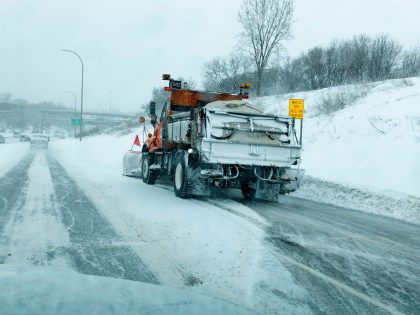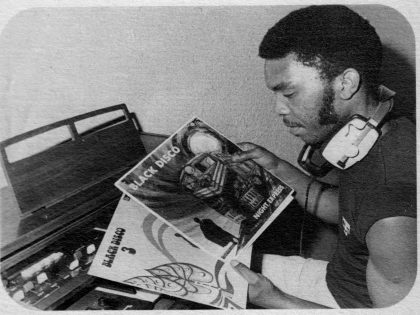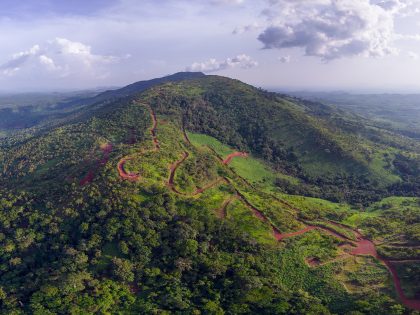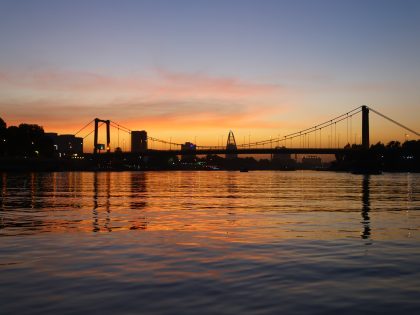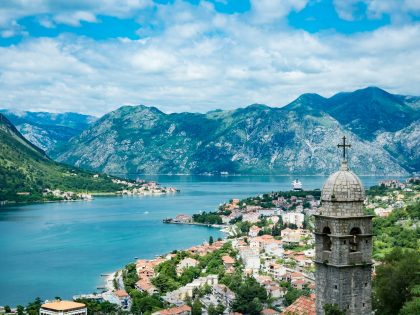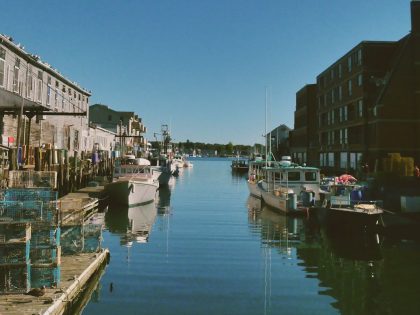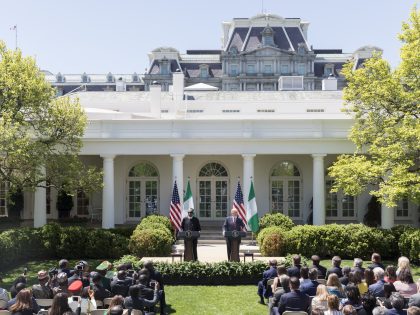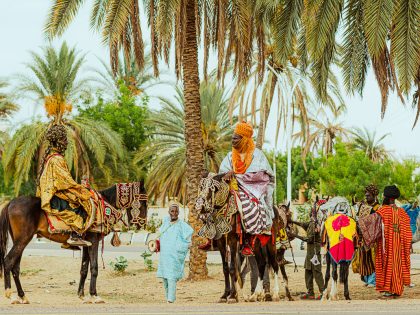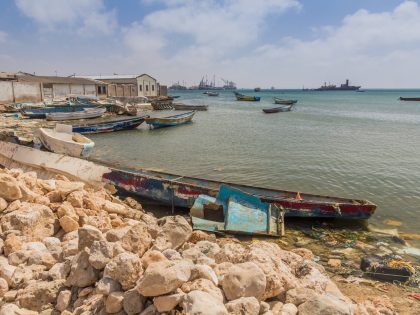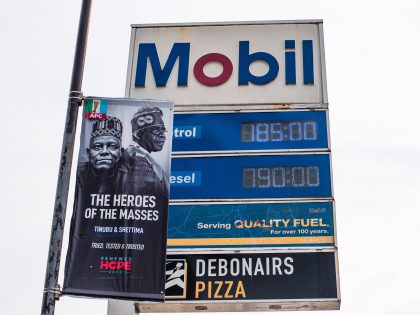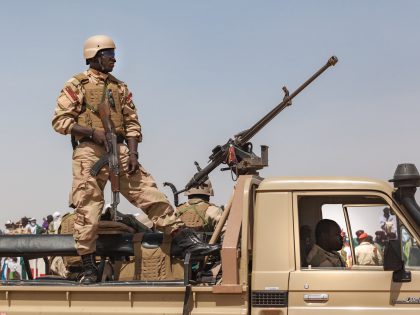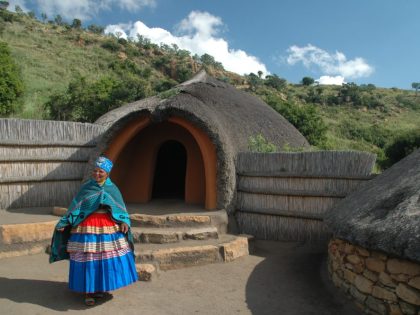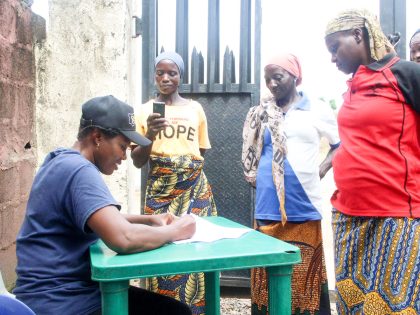Unusable Nigerians

Ed Kashi's images of the Niger Delta.
Oloibiri is a town located a few kilometers away from the city of Port Harcourt in Rivers State, Nigeria. It is known for sharing the same local government, of Ogbia, as the town of Otuoke where Nigeria’s former president Goodluck Jonathan was born. Perhaps more noteworthy is that the small Niger Delta town of Oloibiri is also widely cited as the birthplace of the country’s oil story. The significance of Oloibiri to the development of Nigeria’s modern economy cannot be overemphasized.
Between 1907 and 1956, colonial Nigeria was engulfed in a frantic search for Black Gold. First, these efforts were led by the Nigerian Bitumen Corporation, a subsidiary of a German company. Soon, the industry was dominated by Shell D’Arcy — a precursor to what is now the Shell Petroleum Development Company of Nigeria.
It wasn’t until 1956, however, that oil was discovered in commercial quantities in Oloibiri. In 1958, Nigeria made its first shipment of oil to international markets. What began with a production of 5,000 barrels of crude oil a day was transformed to a two million barrel-a-day oil industry within just two short decades. The growth of that industry is one on which the Nigerian economy remains precariously and detrimentally dependent.
That oil and the people of the Niger Delta have contributed immensely to the development of modern Nigeria is not a contestable question. Yet, if the now used-up and discarded town of Oloibiri is any example — Oloibiri only lasted from 1958 to 1978 when its oil wells dried up and ended the town’s importance to Nigeria’s ruling elite — the Nigerian people are merely resources to be used up and eventually discarded.
Today, Oloibiri has become a metaphor for what is wrong with Nigeria. As James Ferguson once noted, there is a “usable Africa” and an “unusable Africa.” Usable Africa constitutes those territories with immense natural resource deposits such as oil, limestone, diamond, gold, coltan, and the like. Unusable Africa constitutes the rest of the continent and its people.
The very recent history of Oloibiri suggests that the Nigerian situation is not far removed from Ferguson’s examination. Once a “usable” part of Nigeria, Oloibiri has today become an unusable space. This has been the sad, but unsurprising, result of economic and environmental plunder by Nigeria’s ruling elite and its multinational collaborators, including Shell, Chevron, ExxonMobil and TotalFinaElf.
During Oloibiri’s 20-year life span (1958-1978), the town’s oil wells produced approximately 20 million barrels of oil that generated millions of dollars for the Nigerian government. Today, Oloibiri is a desolate town with nothing to show for the fortune it generated for the Nigerian state. Water pollution, soil erosion, and abandoned oil infrastructure are all that remain from the town’s era of oil production.
The poverty levels in Oloibiri today are comparable to the levels found throughout Nigeria as a whole, in which over 50% of the population was living on less than $2 per day in 2012. The people of Oloibiri, however, did not used to be poor. The farming and fishing industries once thrived, leading to a relatively prosperous community of people with a wide variety of occupations and diverse economic opportunities. The unpleasant irony, of course, is that the prosperity brought to Nigeria’s ruling elite by Oloibiri’s oil led to the degradation of the natural land and marine resources that had once allowed this town to flourish.
While Oloibiri has since been abandoned by the Nigerian government and its allies among the various international oil companies, ordinary people have had to bear the brunt of environmental degradation, high poverty levels, impassable roads, and lack of access to education and quality health services. Life expectancy in the Niger Delta averages just 40 years, compared to 53-55 within Nigeria as a whole.
In response to the persistent neglect and pillaging of resources throughout the Niger Delta, several militant youth movements have arisen to claim control of the region’s resources, often through violent means. Since 2005, multiple organizations, including the Movement for the Emancipation of Niger Delta (MEND) and the newer Niger Delta Avengers (NDA), have enacted an insurgency against the state and multinational corporations operating in the region. These groups make various claims about fighting for the rights of the people of the Niger Delta.
While the Nigerian state and the multinational corporations operating in the Niger Delta have largely dismissed these youths as criminals, they have ignored the fundamental issues underlying the insurgency. They have refused to address the historical process that led from a “usable” Niger Delta of the 1950s, to a current population of unemployed, “unusable” youths castigated to the margins of Nigerian society.
The absence of critical infrastructure such as schools, healthcare facilities, roads, electricity, clean air and water, and the availability of economic opportunities for these youths and their families are rarely at the forefront of official state and oil corporation discussions concerning the Niger Delta.
Even when the federal government does dare to focus on such urgent issues of infrastructure development across the Niger Delta, more attention is given to large corporate and government projects than to the actual grievances of local communities. For example, much attention is given to the Niger Delta Development Corporation (NDDC), a partnership of Shell, Chevron, and other corporations with the Nigerian state, that seeks to “facilitate the rapid, even, and sustainable development of the Niger Delta.” Unfortunately, such agencies have become a conduit for cronies of the ruling elite to continue the cycles of corruption and exploitation within the region. Top personnel within NDCC, for instance, were recently accused of misusing public funds in what the Nigerian newspaper Vanguard News called a “cesspool of corruption.”
Today, when the “unusable” youths see their “usable” environment benefitting others without providing any assistance to their own communities, they resort to violent advocacy. The bleak landscape of Oloibiri epitomizes their worst fears for the Niger Delta. On one hand, the Niger Delta is rendered usable through the extraction of millions of barrels of black gold that account for 80 percent of Nigeria’s government revenue and 40 percent of gross domestic product. On the other hand, the landscape of the Niger Delta is devastated, and the inhabitants must wake up every day in abject poverty to see the oil industry operating all around them, never helping their communities.
The boom and bust of Oloibiri reveals the extent to which the Nigerian government views most Nigerians as nothing more than one out of many useable resources to be exploited and discarded. The Niger Delta embodies the contrived neglect of the majority of Nigerians by a state that continues to fail in its responsibilities towards its citizens.
This is a failure of responsibility that is apparent towards the people and communities of the Niger Delta in particular, and towards all Nigerians in general. It is a failure of responsibility that has reduced the bulk of the Nigerian citizenry to a disposable commodity of usable and unusable objects.
* This is an edited version of an essay that first appeared in Political Matter and is reprinted here with kind permission from the editors.

